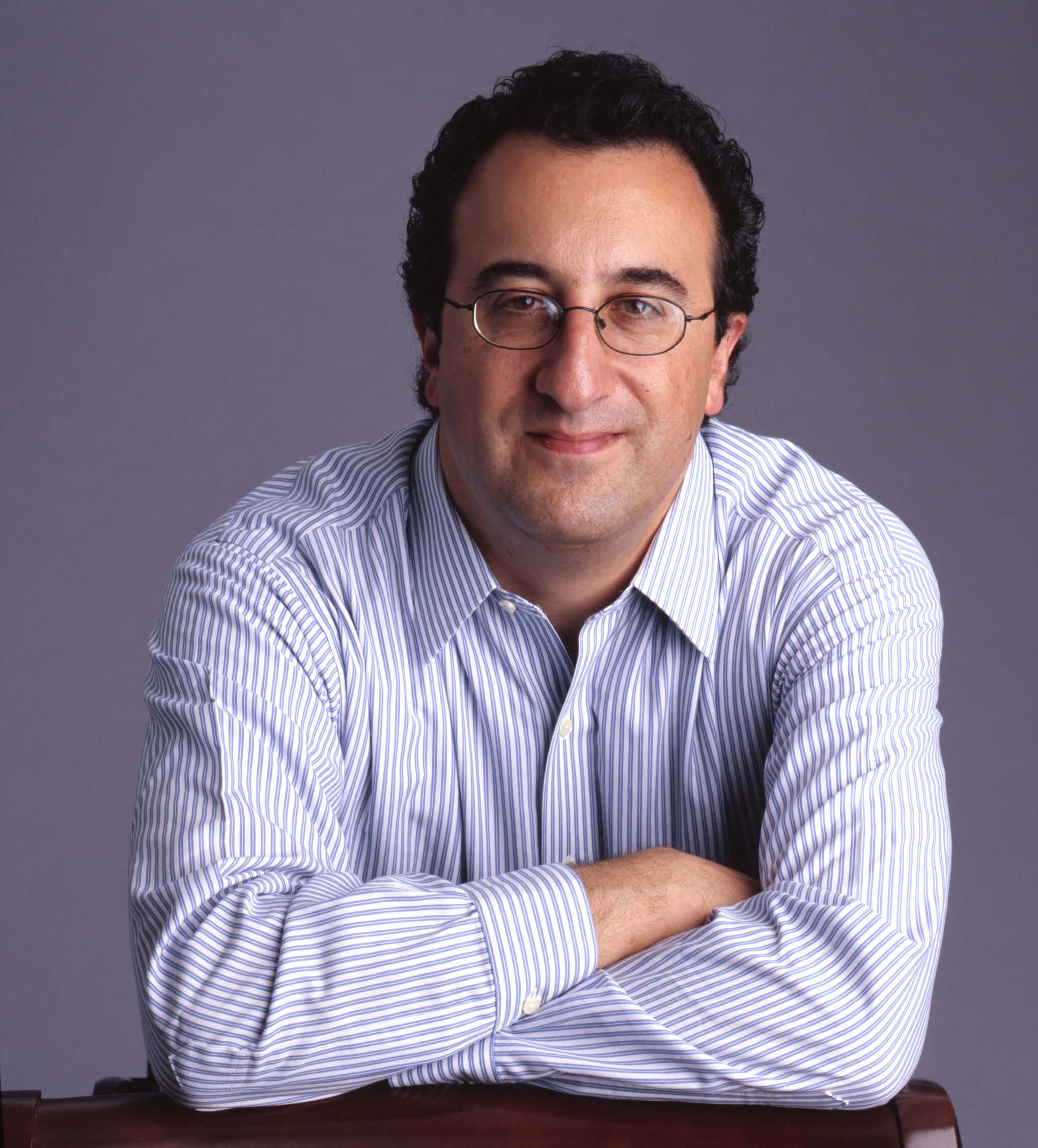Davenport Development

on May 14, 2007 at 3:47 pm
With today’s decision in Schriro, there are only two cases remaining from the January sitting: No. 06-84, Safeco v. Burr, and No. 05-1589, Davenport v. WEA. Justices Scalia and Souter are likely writing the majority opinions in the two cases.
I’ve previously written here about one of those cases — Davenport, in which the Washington Supreme Court declared invalid a state election-law statute restricting the sources of funds that unions may use in state elections. That state statute has now been amended in a way that might affect the outcome of the case.
In a supplemental brief filed Friday, the Respondent informed the Court that on Friday morning, Washington Governor Christine Gregoire signed into law a statute that amended Section 760 of the Washington Code to provide that the restricted “use” of agency-feepayer funds covered by the law does not proscribe the use of funds from the union’s general treasury simply because that treasury fund happens to commingle feepayers’ money with union members’ dues. The amendment reads in full as follows:
A labor organization does not use agency shop fees when it uses its general treasury funds to make such contributions or expenditures if it has sufficient revenues from sources other than agency shop fees in its general treasury to fund such contributions or expenditures.
As so amended, the statute does not raise the constitutional problems that were the basis of the Respondent’s challenge and the state court’s decision. Indeed, the union had urged the state courts to adopt that very interpretation of the law in the first instance, in order to avoid the constitutional question.
Does this mean that the case is moot? Perhaps not. The Respondent writes in its supplemental brief that “[t]he legislative action amending Section 760 does not moot this case, but it does mean that a ruling on the constitutionality of unamended Section 760 will control only as to the statute’s retrospective application.” Presumably, the reason the case is not technically moot is that the union might still be held liable for penalties and a refund of fees for past election-related expenditures. Even that much is uncertain, however, because, as Chief Judge Hunt explained in concurrence in the state court of appeals, under state law such penalties should not attach if the union had a good-faith basis for thinking that it was acting in compliance with the statute (a theory that arguably might find some support in the new legislative action).
In any event, unless I’m missing something, there no longer appears to be a cert.-worthy question of prospective importance in the case, which might cause some Justices to consider whether the Court should vacate the judgment and remand the case to the state courts for reconsideration of the plaintiffs’ claims in light of the statutory amendment.
If anyone receives any supplemental briefs from the petitioners, please let me know so that I can report on any counterarguments.
[Disclosure: More than a decade ago, I worked at the law firm representing WEA in Davenport.]


